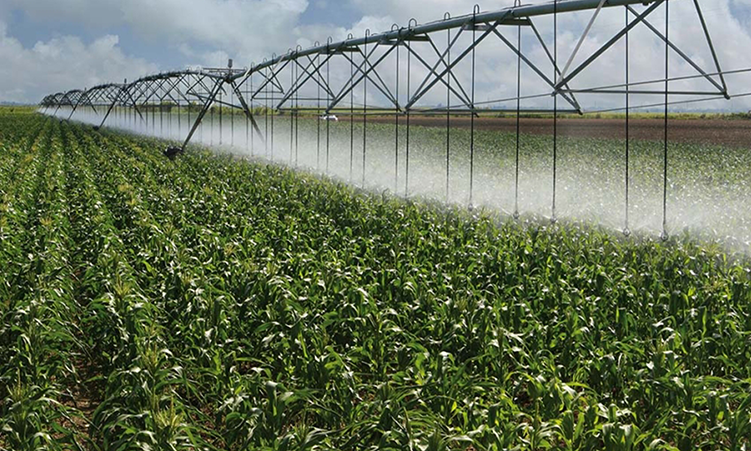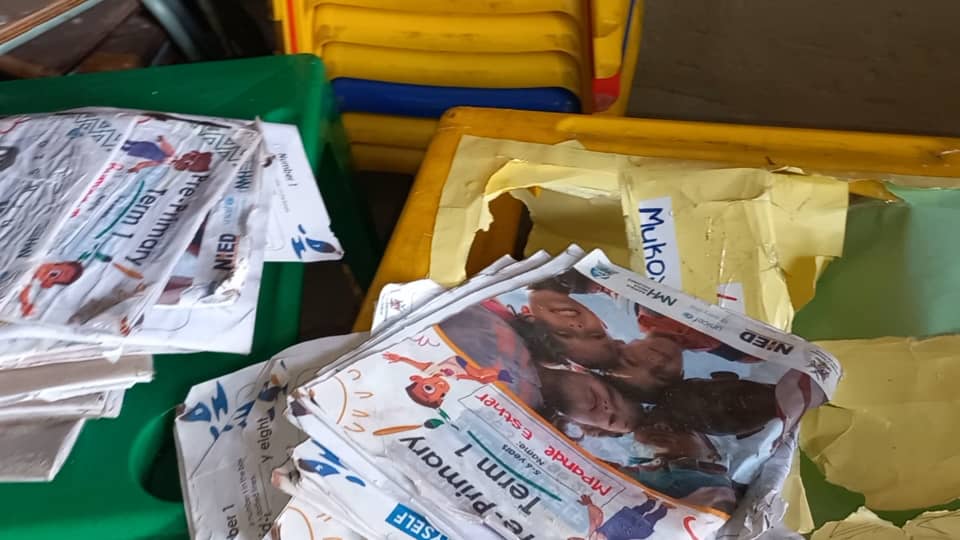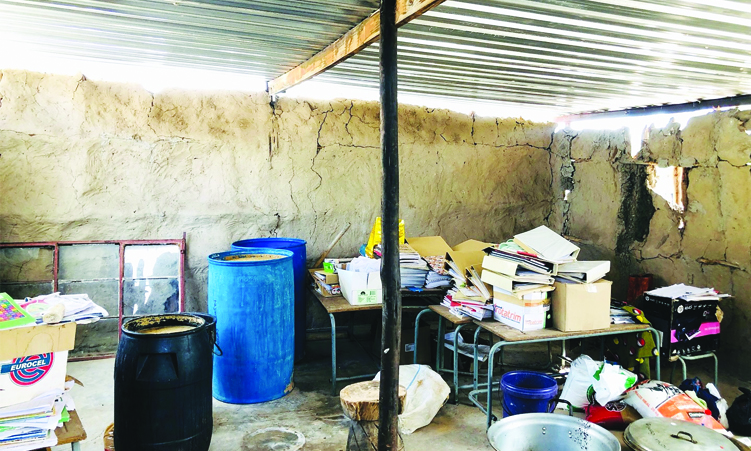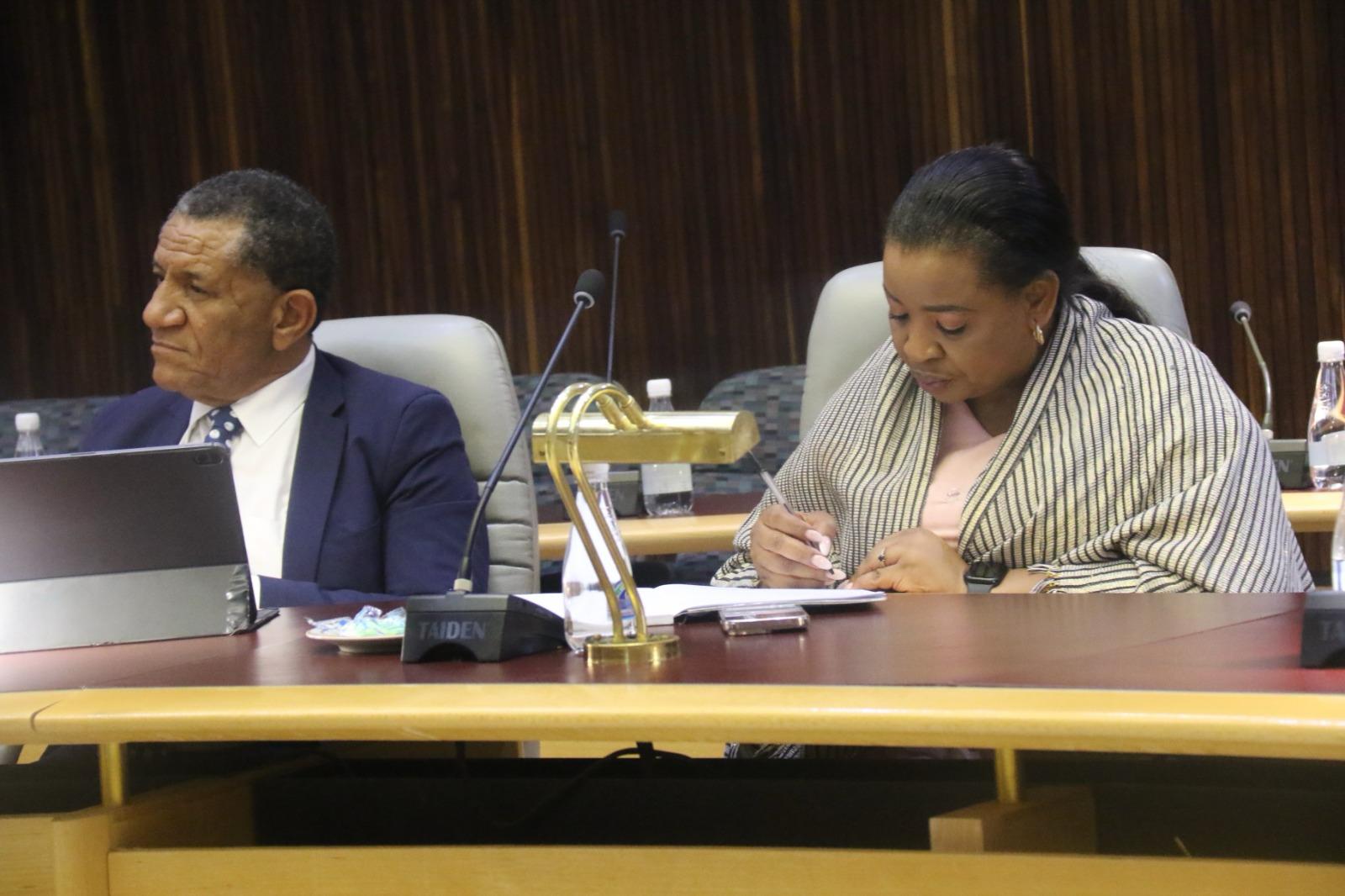The 2024 crop marketing season was a historic crisis for Namibian farmers, with crop yields dropping to less than 30 000t of grain due to drought.
This led to the country’s food self-sufficiency rate for white maize, mahangu and wheat dropping from 38% in 2022 to below 26% for the 2024 season.
Namibian Agronomic Board (NAB) chief executive Fidelis Mwazi announced this on Tuesday.
“One of the most significant challenges in the crop subsector has been the recurring droughts, which have severely impacted our production capacity almost every third year,” he said.
Mwazi said the drop in production highlights the urgent need for strategic intervention to support producers and safeguard Namibia’s agriculture.
He said it is essential to invest in irrigation farming to boost local cereal production.
“The government must play a key role in ensuring access to climate-smart irrigation technologies and prioritise the construction of dams in regions such as the arid Hardap area, one of Namibia’s major wheat and maize producing zones,” he said.
In addition, he urged the government to consider special electricity tariffs for the crop subsector to achieve the national food security agenda by 2030.
Mwazi said the fruit sector lags behind in crop production.
“Fruit production is a long-term investment requiring substantial capital, with establishment costs estimated at N$600 000 per hectare. This poses a huge challenge for many aspiring fruit farmers in Namibia,” he said.
To address this challenge, Mwazi said the NAB introduced the fruit development scheme to develop the sector by facilitating market access and responsive regulatory frameworks.
Namibia should prioritise fruit production for export as the country has a favourable climate for cultivating subtropical fruits like grapes, blueberries, dates and citrus, he said.
“This advantage provides a critical two- to three-week window to access international markets ahead of other producers in the Southern Hemisphere.”
Mazwi highlighted the importance of developing a seed sector as it reduces reliance on imports and builds resilience in agricultural systems.
Under his watch, Mwazi said the NAB launched several projects, including the seed research and production project in partnership with the University of Namibia.
This aims to identify high-yielding seed varieties well suited to Namibia’s unique climatic conditions.
The potato seedling research project was launched in 2020 in collaboration with French company Comptoir Du Plant to test six French seed potato varieties across different production zones in Namibia.
The board also initiated the banana research project in partnership with local farming company AvaGro to test different banana varieties in key production zones such as the Zambezi, Kavango, north-central, and Karst areas.
The project aims to establish local tissue culture banana seedling production to make Namibia a significant player in banana production in southern Africa.
Mwazi said the NAB has regulated crop importation according to their potential for increased local production and domestic demand.
“We have 20 horticultural products under the special controlled products scheme. When insufficient local production is forecast, restrictions are lifted to allow for imports,” Mwazi said.
He added that the 47% horticulture market share promotion (MSP) scheme is crucial to boost local production and protect producers from cheap imports.
Through applying the MSP, Namibia achieved a milestone 55% vegetable self-sufficiency in the 2022/23 financial year.
Mwazi dismissed complaints, mainly from South African farmers, that Namibia’s restrictions violated South African Customs Union (Sacu) rules.
He said despite the restrictions, Namibia’s import bill exceeded 70%, putting a strain on the economy.
“It is essential that all Sacu members benefit equitably from trade arrangements. Moreover, the largest market for Sacu lies beyond its borders and as member states, our focus should be on collaborating to penetrate the global market,” he argued.
– email:matthew@namibian.com.na
Stay informed with The Namibian – your source for credible journalism. Get in-depth reporting and opinions for
only N$85 a month. Invest in journalism, invest in democracy –
Subscribe Now!










